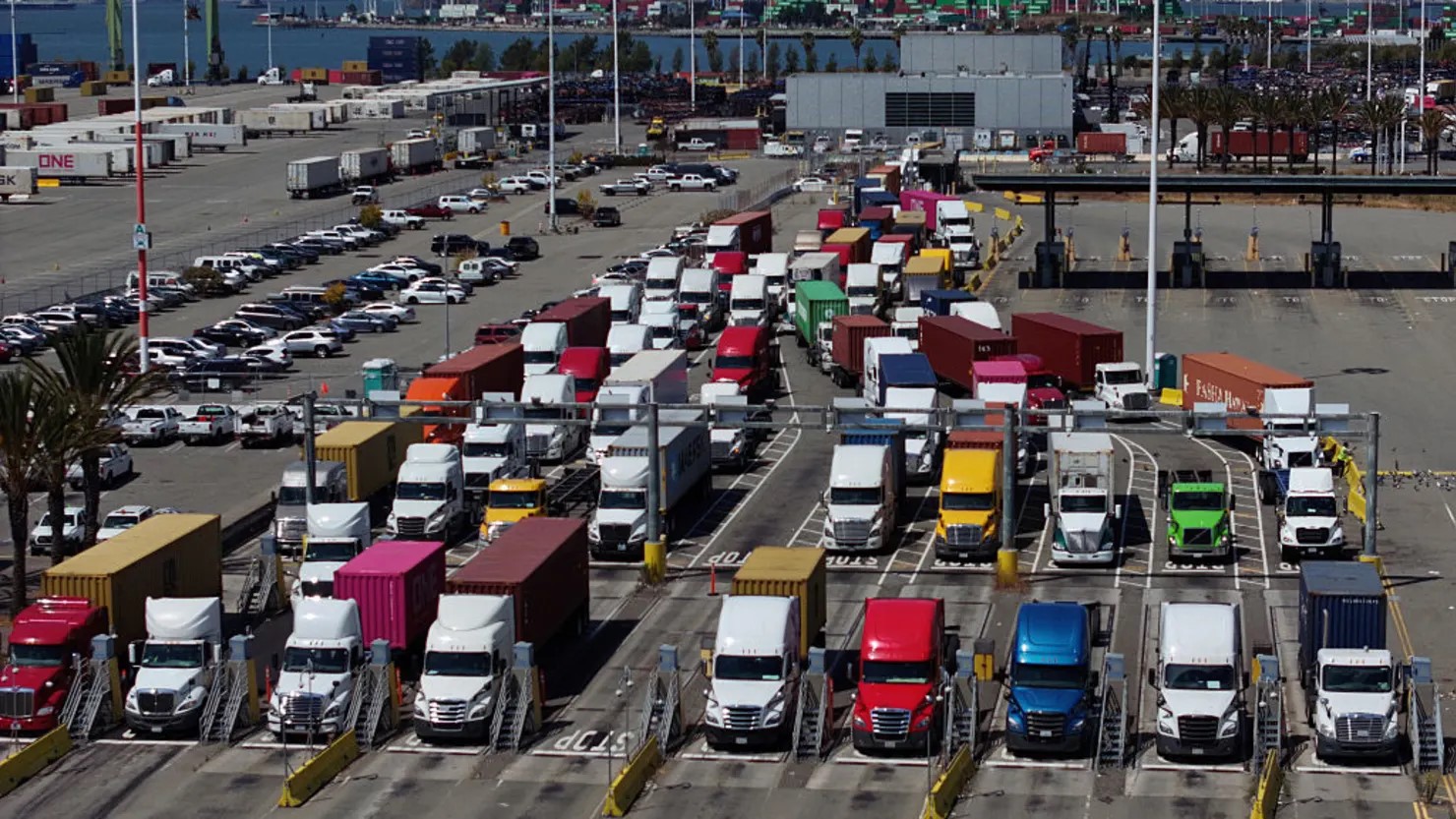
Heavy Truck Sales Plunge, Signaling Possible U.S. Recession

 :
| Updated On: 18-Sep-2025 @ 2:05 pm
:
| Updated On: 18-Sep-2025 @ 2:05 pmSHARE
Recent data on the sales volume of large trucks in the U.S. is signaling potential concerns about the overall state of the economy. Heavy trucks—defined as those exceeding 14,000 pounds in gross vehicle weight—have seen sales fall to levels not observed in the past four years. According to the U.S. Bureau of Economic Analysis, sales in August 2025 dropped more than 15% compared with the same month a year ago and 21% compared with August 2023. This decline in sales has attracted attention from economists and investors alike, as heavy truck sales are often regarded as a leading economic indicator. These trucks play a crucial role in American manufacturing and construction, and their demand reflects industrial activity.
Historically, rising truck sales are associated with industrial growth, while declining sales often indicate contractions in the economy. For example, during the Global Financial Crisis of the 2000s, heavy truck sales plunged more than 67% between 2006 and mid-2009. Similarly, during the dot-com bubble era, sales dropped approximately 50% from late 1999 to late 2002. Such patterns have made truck sales a closely monitored metric by market analysts, policymakers, and investors seeking early signals of recessionary trends.
However, experts caution that declining truck sales are not a perfect predictor of economic downturns. The current decline might reflect broader structural changes in the U.S. economy rather than an impending recession. The rise of artificial intelligence and digital technology is reshaping the workforce and economic activities. Paul Hickey, co-founder of Bespoke Investment Group, noted that while the slowdown in truck sales certainly signals weaker performance in the manufacturing sector, the broader economy continues to grow. He described this phenomenon as a “bricks to clicks” transformation, where growth shifts from traditional industrial roles to technology- and service-driven sectors, emphasizing digital activity over conventional manufacturing.
The decline in heavy truck sales should still concern policymakers. Joe Brusuelas, chief economist at RSM, highlighted that the downturn began in 2023, linking collapsing sales historically with recessions. While declining sales are often cited as a recession indicator, the key consideration is that the trend is not absolute. External factors, such as technological changes, supply chain disruptions, and shifts in consumer demand, can influence sales trends independently of broader economic contractions.
Despite recent declines, heavy truck sales had rebounded to near-record highs following the pandemic-induced dip. This indicates that the market has a degree of resilience, but the drop observed this year could be reflective of short-term pressures in the economy. Analysts suggest that investors will soon determine whether the decline is a temporary slowdown related to cyclical factors or an indication of more profound economic shifts.
In conclusion, while declining sales of large trucks traditionally serve as an early warning sign of economic weakness, the current scenario in the U.S. may be influenced by structural changes such as technological adoption and shifts toward service-oriented sectors. The combination of historical precedents, contemporary data, and economic transformation presents a nuanced picture, requiring careful monitoring by policymakers, investors, and industry stakeholders to assess the implications for future growth and potential recessionary risks.